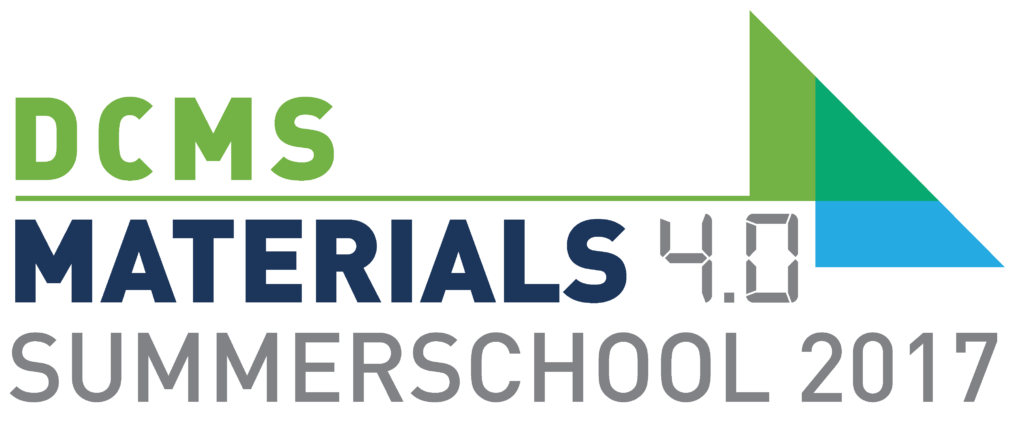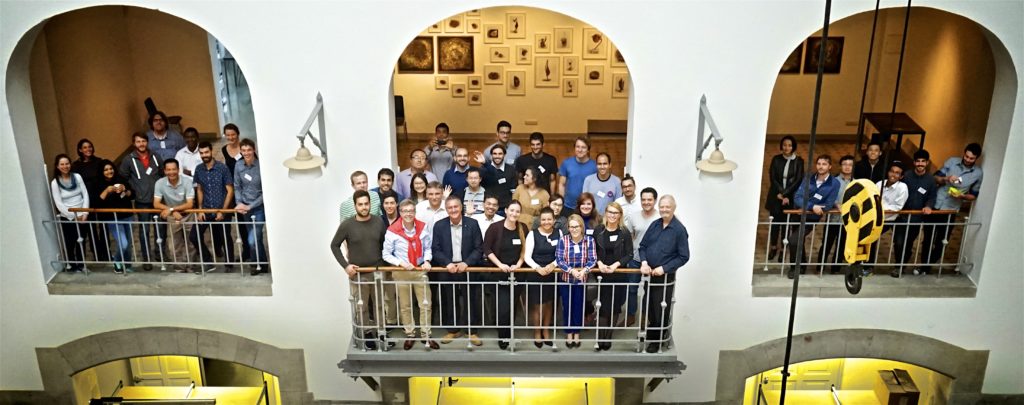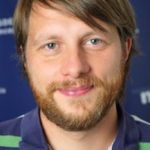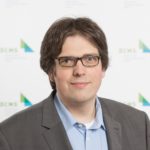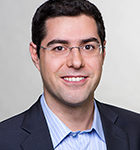Innovative materials are one of the key technologies for keeping products and industrial processes economically competitive and ecologically sustainable. Modern materials science requires a multi-discipline approach embracing chemistry, physics, engineering, as well as theoretical and numerical modelling. The summer school MATERIALS 4.0 - The digitally enabled atom to system revolution will provide an overview of current developments in the ongoing digitalisation revolution in materials science and will offer a platform for discussions about future perspectives. (Summer School Flyer, Announcement Poster)
The summer school targets Master students, PhD students and (early-stage) Postdocs. For excellent PhD students and (early-stage) Postdocs, up to 20 all-inclusive grants (travel support, accommodation, participation) will be available. Applicants not receiving full funding are requested to pay a fee of 95 EUR (partially covering meals, coffee breaks and school material). Registrations received until July 15th will be considered preferentially.
This summer school is part of TU Dresden's Institutional Strategy, funded by the Excellence Initiative of the German Federal and State Governments.
Speakers
|
Program
Arrival & Registration: Sunday, 10th September
Departure: Saturday, 16th September
Abstracts: download the book of abstracts here
| Monday 11.09. | Tuesday 12.09. | Wednesday 13.09. | Thursday 14.09. | Friday 15.09. | |
|---|---|---|---|---|---|
| 9:00 | opening | Prof. Dr. Sandro Carrara (EPFL) | Dr. Frank Striggow (LSI Sachsen) | Prof. Dr. C. Leyens (TUD, IWS) | opening |
| 9:30 | Prof. Dr. Daniel Balzani (TUD) | Prof. Dr. Thomas Heine (UL) | |||
| 10:00 | Dr. Martin Pfeiffer (Heliatek) | ||||
| 10:30 | coffee break | coffee break | coffee break | ||
| 11:00 | coffee break | Dr. P. Portella (BAM) | coffee break | Prof. Dr. M. Gelinsky (TUD, UKD) | Prof. Dr. David Field (WSU) |
| 11:30 | Prof. Dr. Ronald Tetzlaff (TUD) | Prof. Dr. W. E. Nagel (ZIH, TUD) | |||
| 12:00 | |||||
| 12:30 | luncheon | luncheon | luncheon | luncheon | |
| 13:00 | luncheon | ||||
| 13:30 | |||||
| 14:00 | Prof. Dr. Alfred Ludwig (RUB) | Dr. Tilman Hickel (MPIE) | ZIH Tutorial | Dr. C. V. Cannistraci (Biotec Dresden) | Round Table with Participants |
| 14:30 | |||||
| 15:00 | |||||
| 15:30 | coffee break | coffee break | Contributed Talks | closing | |
| 16:00 | Prof Dr. V. Mechtcherine (TUD) | Dr. Stanley Williams (HP) | |||
| 16:30 | |||||
| 17:00 | Poster Session | Prof. Dr. A. Gagliardi (TUM | |||
| 17:30 | Get-to-Know | ||||
| 18:00 | Evening Lecture Prof. Dr. R. Wehrspohn (IMWS) |
||||
| 18:30 | |||||
| 19:00 | |||||
| 19:30 | |||||
| 20:00 | |||||
Evening lecture:
- Materials Data Space – Roadmap to Industry 4.0- ready Materials, Prof. Dr. Ralf B. Wehrspohn, Fraunhofer Institute for Microstructure of Materials and Systems IMWS
Keynote talks:
- Bio/Nano/CMOS interfaces for Ultrasensitive Memristive Biosensors, Prof. Sandro Carrara, EPFL
- Heterogeneous dislocation density modeling of interstitial free steel, Prof. Dr. David Field
- Rational Computational Materials Design using Quantum Confinement or Beyond Structural Materials Engineering, Prof. Dr. Thomas Heine, University of Leipzig
- The Art and Science of Constructing a Physics-Based Memristor Model, Dr. Stanley Williams, HP Enterprise
Invited lectures & talks:
- Coupled two-scale modeling and simulation of complex materials – Application to multiphase steels, Prof. Dr. Daniel Balzani, TU Dresden
- Brain active-matter bioinspired algorithms for prediction of self-organization and evolution in complex networks, Dr. Carlo Vittorio Cannistraci, TU Dresden and Biotec
- Simulation of mesoscopic solar cells: challenges and solutions, towards a multiscale approach, Prof. Alessio Gagliardi, TU München
- 3D bioprinting of biodegradable implants and tissue constructs, Prof. Gelinsky, TU Dresden
- Quantum-mechanically guided materials design, Dr. Tilman Hickel, MPI für Eisenforschung
- Additive Manufacturing of Metals: Materials, Processes and Applications, Prof. Leyens, TU Dresden
- Development of new materials using high-throughput experimentation and simulation, Prof. Dr. Alfred Ludwig, Ruhr-Universität Bochum
- 3D printing of houses, Prof. Mechtcherine, TU Dresden
- Convergence of HPC and Data Analytics: a service oriented approach, Prof. Wolfgang E. Nagel, TU Dresden
- Role of Materials Data, Dr. Pedro Dolabella Portella, BAM
- Efficient organic multijunction solar films prepared by vacuum deposition of small molecules, Dr. Martin Pfeiffer, Heliatek GmbH
- Technology Transfer, Dr. Frank Striggow, Life Science Inkubator GmbH
- Sensor-Processor Systems: Closed loop control system for Laser Beam Welding processes and Introduction to the theory of memristors, Prof. Dr. Ronald Tetzlaff, TU Dresden
Contributed talks:
- Manufacturing of porous models for investment casting for heat storage application, Anna Dmitruk, Wroclaw
- Prediction and Fabrication of Materials With High Piezoelectric Coefficients and Flexibility, Roland Krieger, Cornell
- Multiscale modelling of heat conduction in 2D materials and heterostructures, Dr. Bohayra Mortazavi, Weimar
- 3D printing in pharmaceutical industry and 4D printing as biofabrication next generation, Karim Osouli-Bostanabad, Tabriz
- 3-dimensional crossbar memory as the next-generation computing element, Dr. KyungJean Yoon, NASA
Venue
The summer school will take place in the Görges building which is located on the main campus of TUD. The address is Helmholtzstraße 9.




